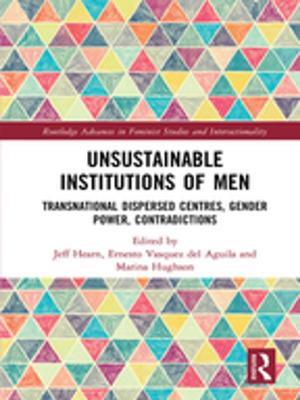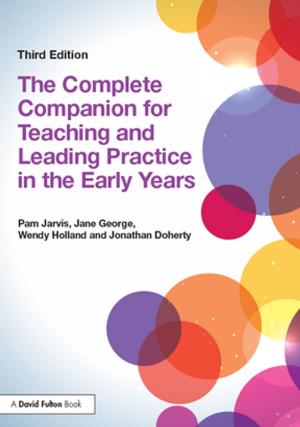City of Change and Challenge
Urban Planning and Regeneration in Liverpool
Nonfiction, Science & Nature, Science, Earth Sciences, Geography| Author: | Chris Couch | ISBN: | 9781351769471 |
| Publisher: | Taylor and Francis | Publication: | November 22, 2017 |
| Imprint: | Routledge | Language: | English |
| Author: | Chris Couch |
| ISBN: | 9781351769471 |
| Publisher: | Taylor and Francis |
| Publication: | November 22, 2017 |
| Imprint: | Routledge |
| Language: | English |
This title was first published in 2003. Over the last 30 years, Liverpool has undergone more economic restructuring and urban change than virtually any other city in Britain and Europe. It has also been a testing ground for almost every experiment and innovation in modern urban policy. City of Change and Challenge analyses the urban planning and regeneration experience in Liverpool over this period. In doing so, it considers the extent to which the pressure to create jobs has led to economic development aims consistently taking precedence over environmental and social concerns, and the degree to which regeneration has been dominated by centralised and top-down approaches without a strong strategic planning framework. It also discusses why some policies and programmes have been more successful than others and what lessons might be learned, not only by Liverpool's future policy makers, but also by planners, politicians and academics throughout the world.
This title was first published in 2003. Over the last 30 years, Liverpool has undergone more economic restructuring and urban change than virtually any other city in Britain and Europe. It has also been a testing ground for almost every experiment and innovation in modern urban policy. City of Change and Challenge analyses the urban planning and regeneration experience in Liverpool over this period. In doing so, it considers the extent to which the pressure to create jobs has led to economic development aims consistently taking precedence over environmental and social concerns, and the degree to which regeneration has been dominated by centralised and top-down approaches without a strong strategic planning framework. It also discusses why some policies and programmes have been more successful than others and what lessons might be learned, not only by Liverpool's future policy makers, but also by planners, politicians and academics throughout the world.















